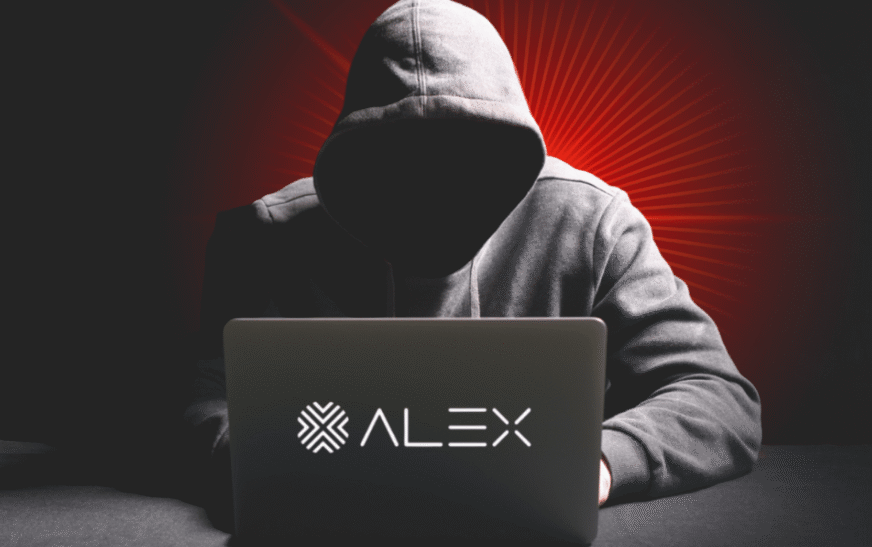On June 6, 2025, Bitcoin-based DeFi protocol ALEX suffered a critical security breach that resulted in a loss of over $8.37 million in digital assets. The hack exploited a vulnerability in ALEX’s self-listing verification process, allowing an attacker to bypass listing rules and siphon off major tokens including STX, sBTC, USDC, USDT, and WBTC. Despite the scale of the incident, ALEX has committed to reimbursing all affected users in full, aiming to restore trust and transparency within its community.
What Went Wrong: The Exploit Explained
According to an official statement from ALEXLabBTC, the hack stemmed from a flaw tied to an on-chain limitation within the Stacks blockchain. This oversight enabled the attacker to circumvent the protocol’s listing verification rules, granting them access to mint or manipulate assets beyond the intended controls.
The compromised tokens included:
- 8.4 million STX
- 21.85 sBTC
- 2.8 WBTC
- Multiple stablecoins (USDC/USDT)
ALEX clarified that this bug specifically affected the self-listing mechanism, a feature that typically allows users or tokens to be added without central approval, but which failed to properly validate the listings in this case.
User Reimbursement Plan in Motion
Despite the breach, ALEX has responded swiftly with a full reimbursement plan. All affected users will be compensated in USDC, sourced directly from the ALEX Lab Foundation’s reserves. The platform has pledged to repay 100% of user losses, positioning this move as a testament to its commitment to user safety.
To ensure a fair conversion, ALEX will calculate reimbursements using average exchange rates between 10:00 and 14:00 UTC on June 6, 2025, the time window when the hack occurred. Private on-chain notifications containing a claim form link will be sent to impacted users by June 8, with a submission deadline of June 10. Once a user confirms their wallet address, USDC payouts will be processed within seven business days.
Impact on Reputation and the Way Forward
While the incident is a major setback for the ALEX platform, its swift and transparent handling of the crisis could help salvage user trust. In the ever-evolving and increasingly risky landscape of decentralised finance, project responses often determine community retention. By proactively covering user losses and openly addressing the root cause, ALEX has distinguished itself from many other protocols that have either delayed or denied restitution in the wake of similar events.
The team’s public commitment to restoring user funds, coupled with its detailed technical explanation, suggests that ALEX is not only focused on resolution but also long-term resilience. The exploit is also likely to push the team to harden their on-chain listing and verification logic to avoid future breaches.
A Growing Concern in DeFi Security
The ALEX hack underscores the persistent security challenges in decentralised finance. As protocols grow more complex and integrated with various blockchain systems, vulnerabilities, especially in custom-built mechanisms like self-listing can have serious consequences. This incident adds to a growing list of multi-million dollar DeFi hacks in 2025, once again raising concerns about the need for stronger security audits, fail-safes, and community education.
For users, the attack is a reminder to regularly monitor platform updates and understand how their assets are protected. For developers, it emphasises that even innovative features like self-listing must be rigorously tested and backed by automated safeguards.
The $8.37 million exploit on ALEX is yet another stark reminder of the security risks plaguing decentralised finance. However, the platform’s decisive response, full reimbursement promise, and openness about the root cause mark a rare silver lining. As the crypto space continues to evolve, incidents like these will shape which projects remain trusted and sustainable in the long run.





















































